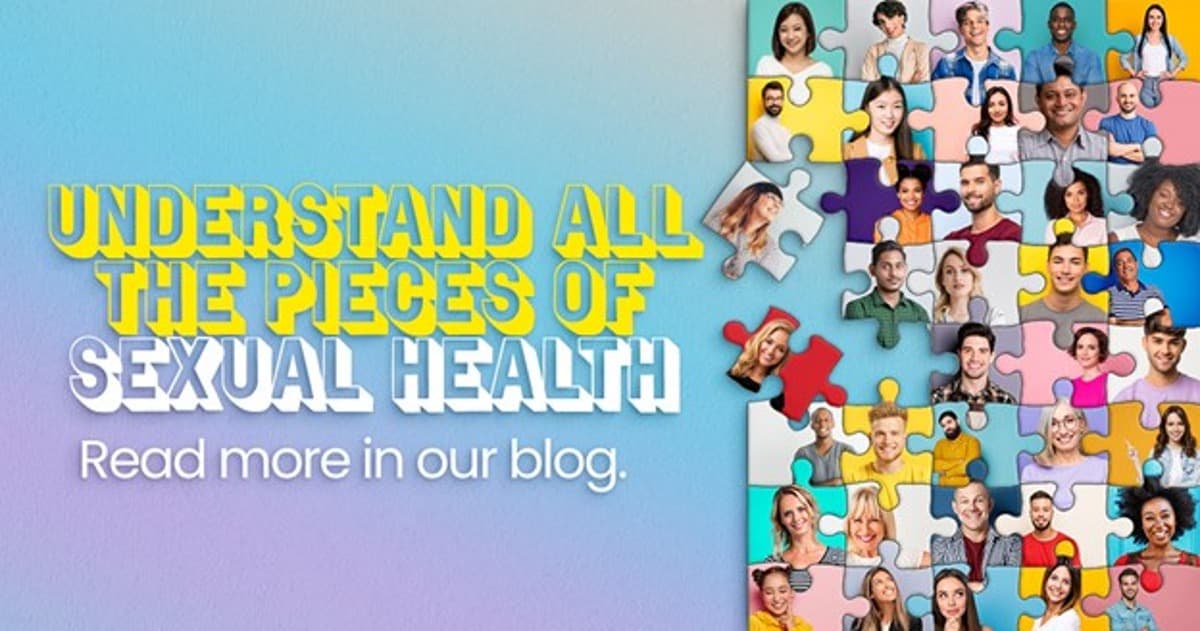Sexual Health Awareness Month is celebrated annually during September and attempts to break down social and cultural taboos associated with sexuality. It also promotes a positive association surrounding sexual health worldwide to create an understanding that sexual health isn’t just physical. All aspects of sexual health matter. Here’s why.
Sexual Health Awareness Month
Sexual Health Month strives to create awareness around all factors relating to sexual health. According to the World Health Organization, sexual health is defined as “a state of physical, emotional, mental, and social well-being concerning sexuality, not merely the absence of disease, dysfunction, or infirmity. Sexual Health requires a positive and respectful approach to sexuality and sexual relationships, as well as the possibility of having pleasurable and safe sexual experiences, free of coercion, discrimination, and violence.” The many aspects of sexual health include:
- Family Planning
- Sexually transmitted infections
- Reproductive Health
- Sexual Risk Behavior
For men and women to achieve sexual health and well-being, they need to be able to:
- Understand that sexuality is a natural part of life and involves more than sexual behavior.
- Recognize and respect the sexual rights every individual shares.
- Have access to sexual health information, education, and care.
- Prevention of unintended pregnancies and sexually transmitted infections (STIs) and seek care and treatment when needed.
- Experience sexual pleasure, satisfaction, and intimacy when desired.
- Communicate about sexual health with others.
Advancing Options Through Research
Thanks to ongoing research efforts, issues affecting women’s sexual health are finally recieving the attention they deserve. Potential new options are currently under evaluation in clinical research studies. Participating in clinical research allows you to help advance sexual health options for future generations of women while you learn more about issues directly affecting you.

Seattle Clinical Research Center has various research studies enrolling for different birth control types, female sexual arousal disorder, endometriosis, and more. Learn more by calling us at (206) 522-3330 or visit our website today!
Sources:
https://nationaltoday.com/sexual-health-month/
https://www.ashasexualhealth.org/sexual-health-month/
https://www.dhd10.org/public-health-matters/sexual-health-awareness-month-3/


